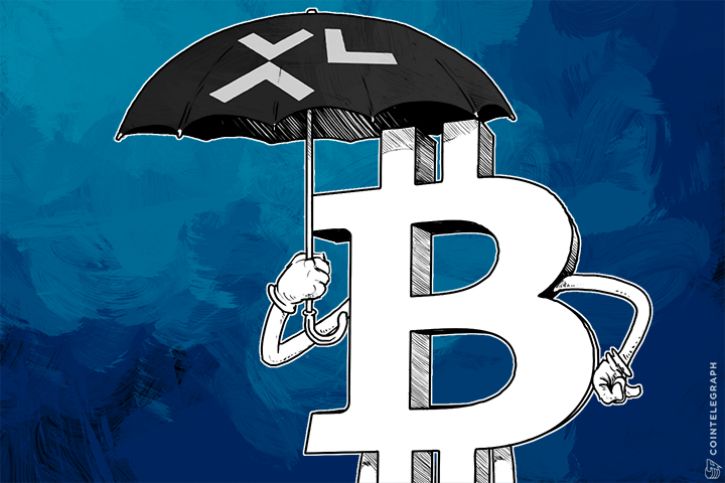There is no shortage of crypto pundits who’ll wax poetic over the imminent disruption that blockchain technology will render over the insurance industry. A more likely scenario will be a slow and intentional transition between new and old technology. The objective of this article is to present some questions related to Bitcoin Protocol for the insurance industry and begin laying out a strategy for mitigating these perils.
 On a sour note, the Bitcoin protocol now provides a way for Insurance Company Executives to eliminate countless brokers and administrators from the balance sheet as computer algorithms are now capable of performing many of the same tasks. On the other hand, these same executives are being asked to provide insurance to clients who intend to do exactly that; replaced countless brokers and administrators with a computer algorithms. Can these companies identify the risk exposure to their selves and their client? Can an actuarial scientist calculate the probability that any number of perils will manifest? If so, does anyone truly understand the consequences of a crypto-block-coin meltdown? I didn’t think so.
On a sour note, the Bitcoin protocol now provides a way for Insurance Company Executives to eliminate countless brokers and administrators from the balance sheet as computer algorithms are now capable of performing many of the same tasks. On the other hand, these same executives are being asked to provide insurance to clients who intend to do exactly that; replaced countless brokers and administrators with a computer algorithms. Can these companies identify the risk exposure to their selves and their client? Can an actuarial scientist calculate the probability that any number of perils will manifest? If so, does anyone truly understand the consequences of a crypto-block-coin meltdown? I didn’t think so.
Meanwhile, regulators are faced with with a set of circumstances without precedent. The purpose of regulations of any kind is to encourage or discourage certain types of human behaviors. So if the human is removed, are these regulations still needed? How will they be interpreted? What new regulations must be created? What current regulations stand in the way of insurance innovation using the blockchain?
How different would it be to insure a decentralized organization than it would be to insure a centralized organization? Where do the liabilities attach and where is dominion asserted by the owners where decisions and outcomes are determined by a computer algorithm? Is bitcoin money? Can it be taxed like money? Does taxation make it money? Is bitcoin property? Can I hold title to bitcoin? Is bitcoin risky? Is there any actuarial data that provides valid historical trends to extrapolate from? Are blockchains defensible in a court of law? Are their currencies legal, illegal, or extralegal?
These are huge questions. Fortunately, the world will not likely change as rapidly as the pundits will have us believe. There will needs to be a methodical transition plan between current centralized structures and future decentralized structures. The best way to start is be collecting an inventory of existing social institutions that are codified and acting successfully as an effective bureaucracy today. Then we need to slowly add a blockchain to their clock and study the opportunities in that environment. We need to understand the difference between where human decisions can be replaced by algorithm but to also be vigilant to preserve those human judgements that are not replaceable by an algorithm.
The outcome will be a new type of bureaucracy where humans act at a much higher level as adjudicators to smart contracts on a blockchain

Leave a Reply